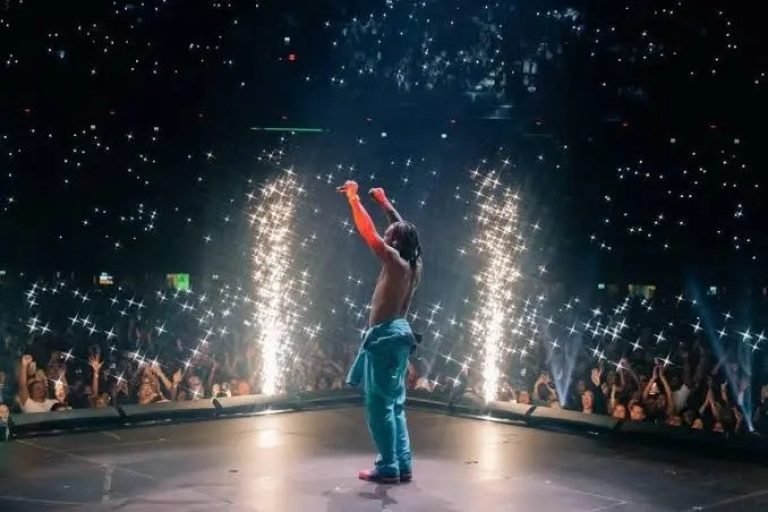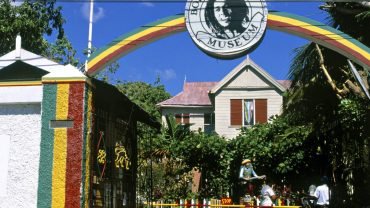The Essence Of Afrocentric Experiences
Afrocentric travel, a blossoming trend in travel, is a deeply enriching journey that seeks to connect travelers with the vibrant diversity of African and Afro-descendant cultures across continents. This immersive travel experience goes beyond the conventional adventure tourism paradigm, emphasizing a profound exploration of heritage, traditions, and communal connections.

Defining Afrocentric Travel
Afrocentric travel is a form of cultural exploration that centers on discovering and engaging with the diverse histories, customs, arts, and traditions rooted in African and Afro-descendant cultures worldwide. It is characterized by a desire to immerse oneself in the rich tapestry of African heritage, fostering understanding, appreciation, and celebration of these vibrant cultures.
Benefits of Afrocentric Travel
Unlike traditional adventure travel, which often focuses on adrenaline-inducing activities, Afrocentric travel places a spotlight on intimate encounters with local communities, traditional art forms, culinary traditions, and spiritual rituals. This approach fosters a deep sense of cultural immersion, facilitating personal growth, empathy, and a broader worldview.
Comparing Afrocentric Travel to Adventure Travel
While adventure travel thrives on thrilling escapades like hiking or extreme sports, Afrocentric travel places a stronger emphasis on authentic cultural exchange. It transcends the rush of adrenaline, offering a journey that connects travelers with history, traditions, and the living essence of diverse cultures.
Activities in Afrocentric Travel
Afrocentric travel offers a diverse range of activities catering to varied interests. In Africa, explorations of historical sites like Egypt’s Pyramids or Ghana’s Cape Coast Castle provide insights into ancient civilizations and the impact of the transatlantic slave trade. Engaging in traditional ceremonies, such as South Africa’s Zulu dance or Ethiopia’s coffee ceremonies, fosters connections with living cultural traditions.
Recently, Afrobeat and Amapiano music have captured the ears of music enthusiasts worldwide. This trend underscores the ability of African descent cultures to transcend language barriers and borders, reaching countries as far as Japan.”

In Latin America, countries like Brazil showcase a fusion of African and indigenous cultures through vibrant festivals like Carnival and Afro-Brazilian heritage in cities like Salvador. Exploring Afro-Latin music genres like salsa and samba adds a rhythmic dimension to the experience.
In North America, delving into the rich history of the African diaspora in cities like New Orleans or Harlem unveils the contributions of African-Americans to art, music, and literature. Museums like the National Museum of African American History and Culture in Washington, D.C., offer profound insights into the resilience of African-descendant communities.
References in Africa, Latin America, and North America
Africa, as the cradle of civilization, boasts a plethora of cultural references. From the ancient city of Timbuktu in Mali to the rock-hewn churches of Lalibela in Ethiopia, each place narrates a unique story of human civilization’s evolution.
Latin America’s cultural diversity intricately weaves in African influences. The legacy of Afro-Latin rhythms like reggae, cumbia, and Afro-Cuban jazz echo through cities and towns. Landmarks like the Palenque de San Basilio in Colombia stand as testaments to resilience and heritage.
In North America, sites like Seneca Village in Central Park, New York City, and Underground Railroad locations across several states represent the struggles and triumphs of African-Americans throughout history.
Afrocentric travel isn’t just a journey; it’s an odyssey that celebrates diversity, heritage, and humanity. It fosters a profound connection with our shared global heritage, making it an invaluable and transformative experience for travelers seeking a deeper understanding of the world’s cultural mosaic.




Comment (0)